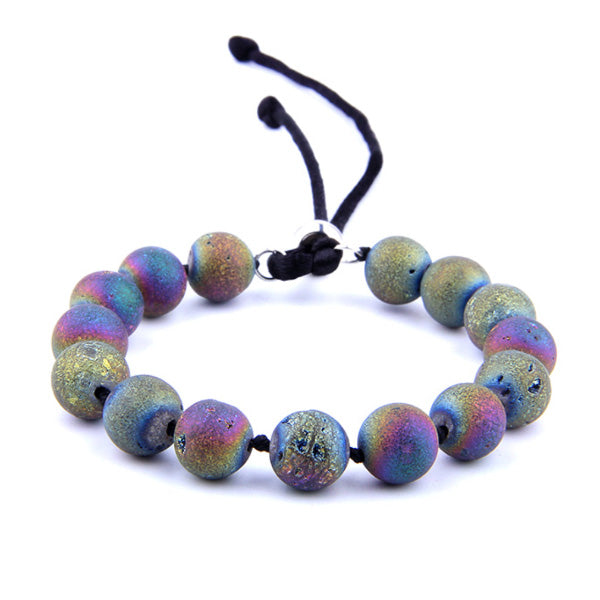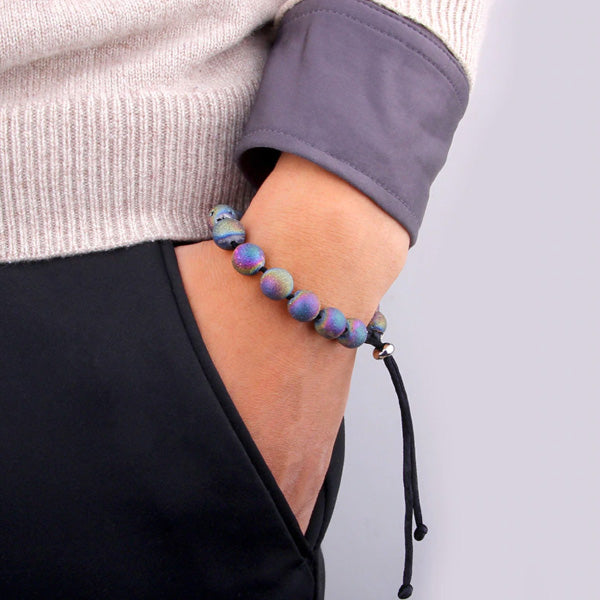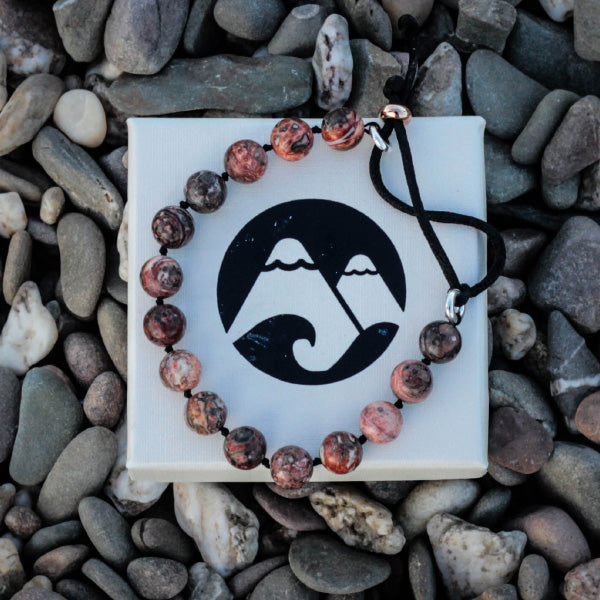Steps to Follow for Less Plastic in Our Oceans
There are large garbage islands in the world's oceans and seabirds starving with full bellies, filled with microplastics. These are just a few of the reasons why plastic has become increasingly disreputable in recent years. Becoming rid of plastic is hardly possible in our society and not always useful because plastics differ considerably in terms of properties, ingredients and durability.

5,250,000,000,000 plastic parts
A long-term study at the end of 2014 found that there are at least 5.25 trillion plastic particles in the world's oceans. In numbers: 5,250,000,000,000 - and most probably more by now. This would mean that every citizen of the world would currently have around 700 plastic parts floating around in the sea. A large part of this, according to the researchers, is microplastics: particles that are smaller than 5 millimetres. (Read more: What is microplastics? - A definition) Every year over 8 million tons of plastic end up in the oceans, the Plastic Oceans initiative calculated.
Despite many summits, political decisions and protestations, there have so far been few serious efforts to clean the oceans. Nobody feels responsible - apart from a few NGOs and private initiatives such as Healthy Seas, Plastic Oceans, NABU, which BUND or Ocean Conservancy. Two initiatives (The Ocean Cleanup and Pacific Garbage Screening) have developed techniques to clean up the oceans of garbage on a large scale, especially the "garbage whirlpool" in the Pacific.
For many everyday situations, there are healthier and more environmentally friendly alternatives to the widely used plastic products - you just have to find them. Even small changes in behaviour in everyday life can significantly reduce plastic consumption.
1. Drinking water
Water in plastic bottles can be replaced by mineral water in the reusable container. If you don't want to carry around so slowly, you can switch to tap water and use it to produce sparkling water yourself.
2. Cloth bag instead of the plastic bag
If you always have a folded cloth bag or a shopping net with you, you can easily do without short-lived shopping bags and also save with every purchase a few cents. Reusable fruit and vegetable bags make thin disposable bags unnecessary.
3. Reusable packaging
Many products are also available in a paper or glass packaging, for example, yoghurt, milk or sausage and cheese from the fresh food counter. Questions do not cost anything - maybe your favourite business also already belongs to those who fill their containers?
4. Bread from the baker
In the supermarket, food is only offered packed in thin plastic bags. Short-lived plastic that you can easily avoid if you buy bread from the bakery and transport it in a fabric bread bag.
5. Shop right
In more and more cities there are shops where you can shop without plastic or disposable packaging. Even without, the loose purchase of various foods is possible.
Leave a comment
Comments will be approved before showing up.
















